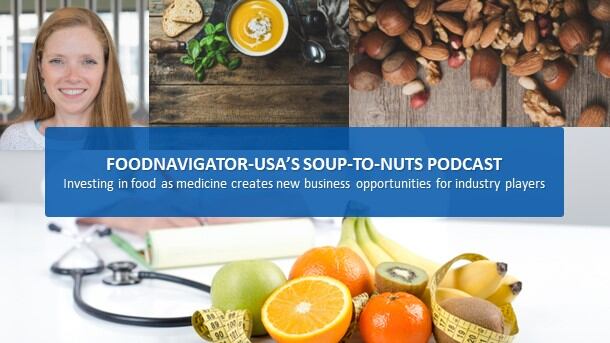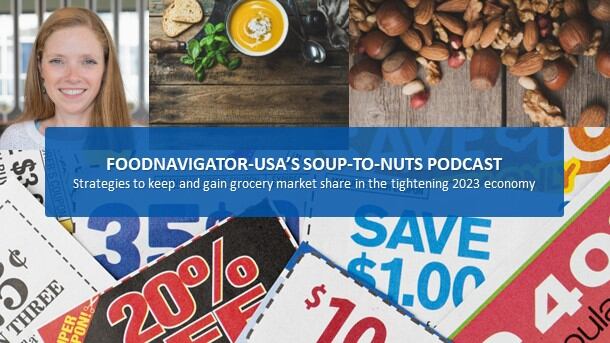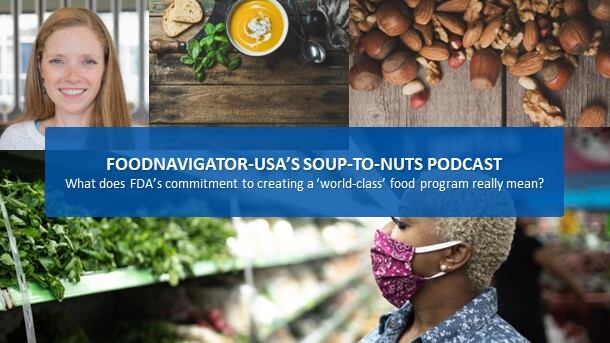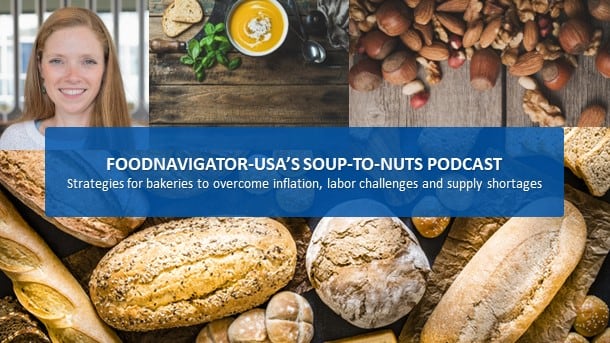Recent research from Tufts University, Duke University and the University of Texas demonstrates the effectiveness of produce prescription programs at helping participants improve their blood pressure and sugar levels, and reduce food insecurity, as do still novel partnerships between insurance providers and companies like Performance Kitchen and Farmbox Direct that aim to use healthy food to prevent more expensive medical treatments for diet-related chronic diseases.
In an effort to accelerate more widespread adoption of successful local efforts to leverage food as medicine, The Rockefeller Foundation recently invested $4.6m in grants that Devon Klatell, vice president of The Rockefeller Foundation’s Food Initiative, says she hopes will bridge gaps between the millions of food-insecure patients in the US and effective healthcare. The investment, which is only a fraction of the more than $8b in commitments to the food as medicine movement made this summer during the White House Conference on Hunger, Nutrition and Health also will help pave the way to new business opportunities for food and beverage manufacturers
In this episode of FoodNavigator-USA’s Soup-to-Nuts podcast, Klatell and Diana Johnson, the program officer for the Food Initiative at The Rockefeller Foundation, discuss why investing in food as medicine is necessary and timely and the extent of the challenge and opportunity for players in the space. They also highlight programs already moving the needle and share next steps for food industry stakeholders at every level to learn more and get involved.
[Editor’s note: Never miss an episode of FoodNavigator-USA’s Soup-To-Nuts podcast – subscribe today.]
Providing equitable access to healthy nutrition makes food system part of solution
The idea of food as medicine may be new to many Americans or elicit eye-rolling from some who, both rightly and wrongly, consider the US food system and typical American diet as major contributors to the obesity epidemic and diet-related chronic disease.
But, Klatell explains that promoting equitable access to healthy food flips this narrative and positions the food system as part of the solution – something she notes indigenous and native cultures have always practiced and which has been promoted for decades in the US by local community programs and advocates.
“The food system is so intricately connected to a lot of the issues that matter most to us … the environment, human health and equity. And unfortunately, right now, some of the biggest environmental challenges we face are directly connected to our food system … and it’s a leading driver for poor health and health care costs,” Klatell acknowledged. But, she added, “we have a lot of opportunity to transform the food system from something that is driving poor outcomes” a driver of positive change.
But to push that transformation, the concept of food as medicine must offer a clear benefit to all stakeholders, including those who provide and pay for the food. For Klatell, that means clearly defining food as medicine within the context of the existing health care system.
Johnson echoed this sentiment, noting the recent boost to the movement provided by including in The White House’s National Food Strategy a pillar focused on integrating nutrition into healthcare.
Both women noted that the time is ripe for long-lasting change because the cost of diet-related disease has reached a tipping point and health care providers are increasingly open to the idea of social determinants of health.
Scaling effective solutions from the community level
To help accelerate the transition, The Rockefeller Foundation late last fall committed $4.6m in grants for “equitable and community-directed approaches to prevent, manage and treat diet-related illness in the United States” through the advancement of food as medicine interventions.
Johnson explains that the recipients are diverse and will help promote food as medicine from several angles. They include:
- Wholesome Wave to support and expand its prescription produce program
- Tufts University Friedman School of Nutrition Science and Policy to advance food as medicine interventions
- The Health Initiative to support access to healthy food by way of Medicare and Medicaid
- Harvard University Center for Health Law and Policy Innovation for legal and policy research
- Deep Medicine Circle for its Farming as Medicine program
- Adelante Mujeres to promote participation in healthy food and nutrition incentives and produce prescription programs
- About Fresh to support is food as medicine demonstration project with the Veterans Health Administration
Taking action – big and small
To effectively scale these and similar programs, Klatell argues policy changes that allow for reimbursement from Medicare and Medicaid – as well as private insurers – will be essential.
She explained turbocharging these changes and adoptions is a key focus for The Rockefeller Foundation, which recently teamed with Kroger and the American Heart Association to donate $250m to a national research initiative to support policy development.
The trio are still finalizing the platform design and hope to fully launch the initiative this spring, after which point it will welcome additional partners to the platform.
Klatell also encouraged entrepreneurs and startups in the food space who are interested in promoting food as medicine but don’t have the bandwidth or resources to work with The Rockefeller Foundation to still get involved by reaching out to local health systems and community organizations to learn and build connections.
Johnson added entrepreneurs and startups also can help by learning what types of healthy foods consumers in their communities want or are open to trying, educating them about the nutritional value of different foods and the benefits of a healthy diet and generating their own research – each additional data point helps.
Finally, industry stakeholders large and small can learn more about the impact of the current food system – including the impact on the health of humans and the planet by checking out The Rockefeller Foundation’s recently published report The True Cost Of Food: Measuring What Matters to Transform the US Food System, which is available at rockefellerfoundation.org.




